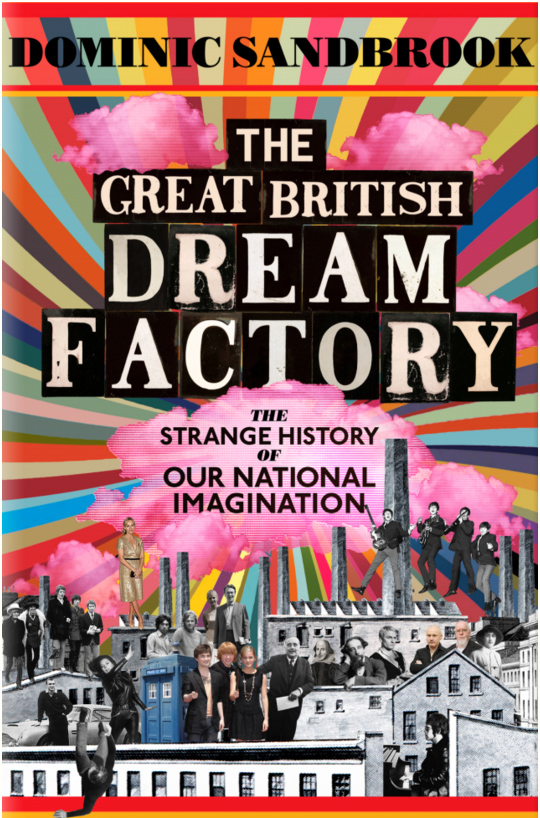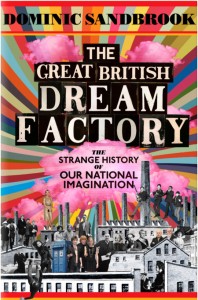
The Great British cultural superpower
The international influence of British popular culture including the unsung stars of English stage and their cameos in Harry Potter , Top Gear, Del Boy, Andrew Lloyd Webber is the subject of Dominic Sandbrook’s The Great British Dream Factory. With the British financial relevance on the vane, Dominic argues that it is our vision and imagination which rules the waves and mad us a “cultural super power”. The book beings with the cultural exportation as a form of violence. The historian and broadcaster describes the English mood of the 1950s as being dominated by the fears over cultural invasion. British culture is the world’s best, and he has the numbers to prove, £30m in the bank account of Oxford University after it invested in the software that powered Grand Theft Auto, 400m Harry Potter books .
Then in 1960s Beatles arrived and cheered by the tea drinkers and conquered the US charts. “Almost overnight “ according to Sandbrook , “ the Americans had been miraculously transformed from overbearing cultural imperialists to supine colonial subjects.” He glories in British successes stating that there is no French equivalent of James Bond 007, JRR Tolkien or The Beatles.
Sandbrook explains the Britishness of UK’s biggest hits by means of a thought experiment: a French Dr Who, would be stranger and more cerebral , and an American one “flashier and more frenetic and in the end neither would have the same appeal or can have the British humour.
One of the themes of the book is that we dwell in the Victorian’s shadows citing the pioneering of genres such as detective and science fictions and school book stories which current writers like Agatha Christie and JK Rowling are indebted . The Victorian leagacy infuses later British culture.
Sandbrook provocatively talk about how the collapse of the British Empire freed Britain creatively making way for nation’s artists to explore their levity and absurdity to become a joke.
He also notes how the individualism of 1970’s made way for Margaret Thatcher, and explains the influence of HG Wells on John Wyndham and the King’s Speech as an Arthurian tale. He also mentions Virginia Woolf .
The Great British Dream Factory: The Strange History of Our National Imagination by Dominic Sandbrook Allen Lane £25. 688 pages

